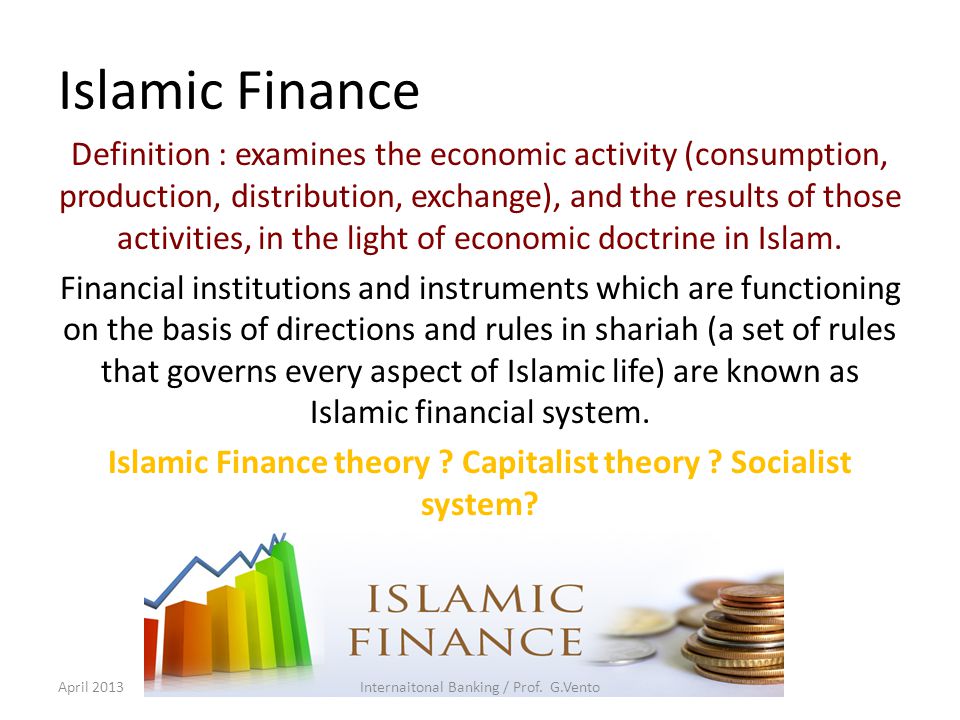what is islamic finance definition
Islamic finance is a financial system that operates in accordance with Islamic law, also known as Shariah. This system is guided by principles that aim to promote fairness, transparency, and social responsibility.
Key Principles of Islamic Finance
Islamic finance is based on several core principles that differentiate it from conventional finance. These principles include:
Prohibition of Interest (Riba): Islamic finance prohibits the charging or paying of interest, as it is considered exploitative and unjust.
Prohibition of Uncertainty (Gharar): Transactions involving excessive uncertainty or ambiguity are not allowed in Islamic finance.
Asset-Backed Financing: Islamic finance focuses on asset-backed transactions, where investments are linked to tangible assets.
Prohibition of Gambling (Maysir): Speculative transactions or those involving gambling are not permitted in Islamic finance.
Shared Risk and Profit: Islamic finance promotes risk-sharing between parties, where profits and losses are shared based on agreed terms.

Islamic Finance Instruments
Islamic finance offers various instruments that comply with Shariah principles. Some common Islamic finance instruments include:
Instrument | Description |
|---|---|
Murabaha | Cost-plus financing where the seller discloses the cost and markup. |
Mudarabah | Partnership financing where one party provides capital and the other expertise. |
Ijara | Lease-based financing where the lessor retains ownership of the asset. |

Impact and Growth of Islamic Finance
Islamic finance has gained prominence globally, with a growing number of financial institutions offering Shariah-compliant products and services. This growth has been driven by the increasing demand for ethical and socially responsible investment options.
The impact of Islamic finance extends beyond the Muslim community, as its principles resonate with individuals seeking ethical and sustainable financial solutions.
Frequently Asked Questions
- What Is The Basic Concept Of Islamic Finance?
Islamic finance is based on Sharia principles, prohibiting interest and promoting ethical investment.
- How Does Islamic Finance Differ From Conventional Finance?
Islamic finance focuses on ethical and socially responsible practices, while conventional finance allows interest.
- Can Anyone Participate In Islamic Finance?
Islamic finance is open to all individuals, regardless of their religious beliefs or background.
- What Are The Key Principles Of Islamic Finance?
Islamic finance principles include avoiding interest (riba), uncertainty (gharar), and gambling (maisir).
Conclusion
In conclusion, Islamic finance is a financial system guided by Shariah principles that promote fairness, transparency, and social responsibility. By adhering to these principles, Islamic finance offers a unique and ethical alternative to conventional finance, appealing to a diverse range of investors seeking responsible investment options.
To Read More like this article



.webp)

